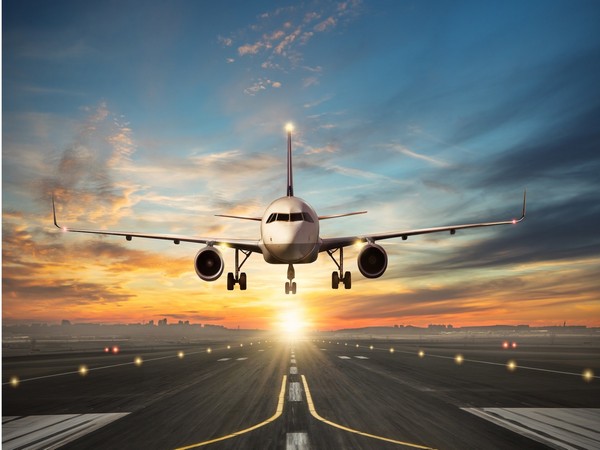ICAO Advances Global Efforts to Tackle Non-CO₂ Emissions in Aviation for Climate Mitigation
ICAO recently hosted a landmark Symposium on Non-CO₂ Aviation Emissions from 16-18 September 2024, which attracted around 800 participants both in-person and virtually.

The International Civil Aviation Organization (ICAO) has taken a significant step in the international community's quest to mitigate the climate impact of air transport by focusing on non-CO₂ emissions from international aviation. Historically, carbon dioxide (CO₂) emissions have been the primary concern of international agreements and industry initiatives, while the sector's non-CO₂ climate impacts have often been overlooked and poorly understood.
ICAO recently hosted a landmark Symposium on Non-CO₂ Aviation Emissions from 16-18 September 2024, which attracted around 800 participants both in-person and virtually. This event concentrated on critical topics such as contrail formation, nitrogen oxides, and particulate matter, aiming to enhance scientific understanding and explore potential mitigation measures and policy options.
Salvatore Sciacchitano, ICAO Council President, emphasized the importance of this initiative, stating, "We're entering a new era of climate change solutions in aviation, and ICAO is firmly committed to deepening knowledge on this subject, exploring innovative solutions, and forging partnerships. This symposium is about more than awareness; it's about charting a course for meaningful action on a problem that requires more scientific understanding."
The symposium brought together a diverse coalition of atmospheric scientists, aerospace engineers, policymakers, and airline operators. Participants included representatives from member States, United Nations organizations, international and regional entities, industry associations, research institutions, and academia. This interdisciplinary collaboration led to rich discussions on potential mitigation strategies, including modifying flight paths to minimize contrail formation and developing cleaner-burning jet fuels.
To complement the discussions, ICAO organized an exhibition showcasing the latest initiatives related to non-CO₂ emissions. The organization also launched an educational display installation and a series of videos aimed at dispelling common misconceptions about non-CO₂ emissions. To sustain momentum from the event, ICAO introduced a new tracking tool designed to monitor progress on non-CO₂ emissions initiatives.
"This symposium comes at a critical juncture in aviation's climate journey," stated Juan Carlos Salazar, ICAO Secretary General. "By addressing non-CO₂ emissions alongside our existing decarbonization efforts, we're taking a more holistic approach to lead aviation to a more sustainable future."
Salazar further remarked, "The path forward will require not only technological innovation but also a more comprehensive approach to measuring and mitigating the full scope of aviation's climate impact." He highlighted the substantial wealth of information presented by leading scientists, technical experts, and industry professionals during the symposium, underlining ICAO's commitment to facilitating ongoing cooperation in this essential area.
As ICAO and the international community move forward, addressing non-CO₂ emissions is poised to play a crucial role in achieving the aviation sector's climate goals, paving the way for a more sustainable future in air travel.
- READ MORE ON:
- Aviation
- International Civil Aviation Organization










